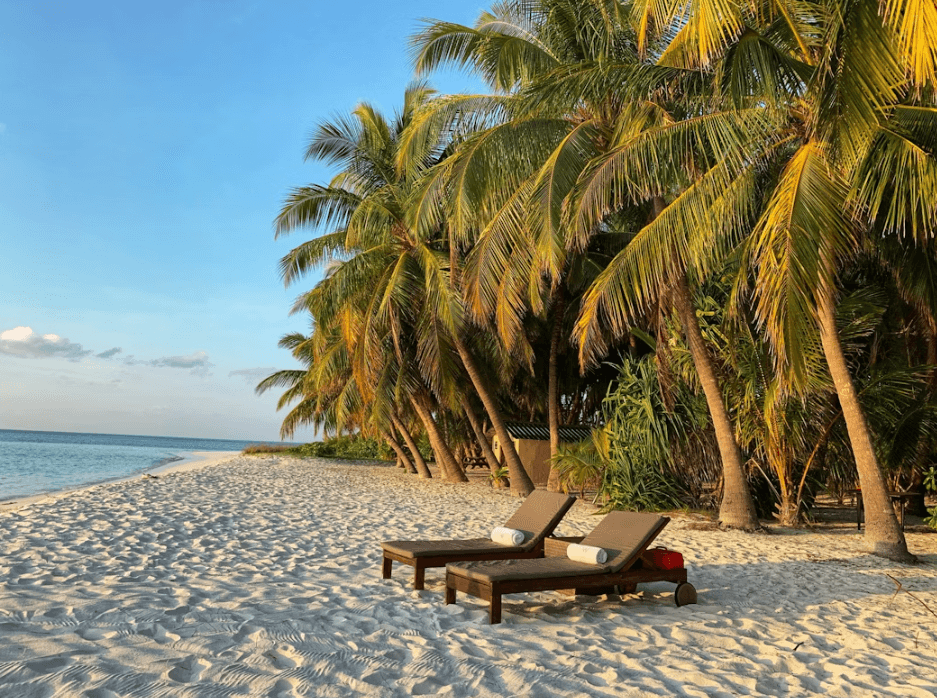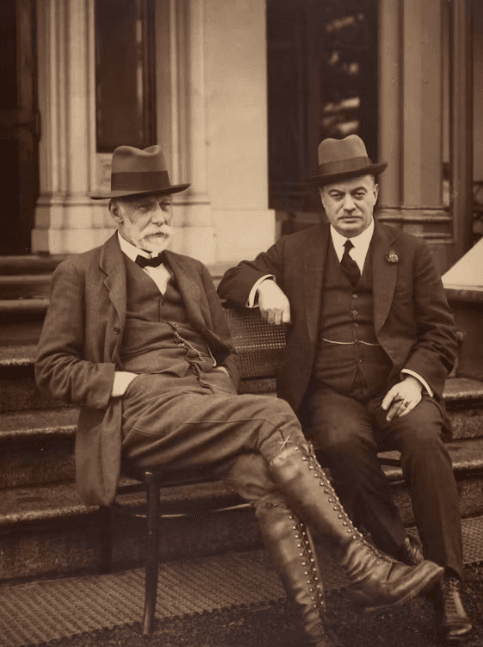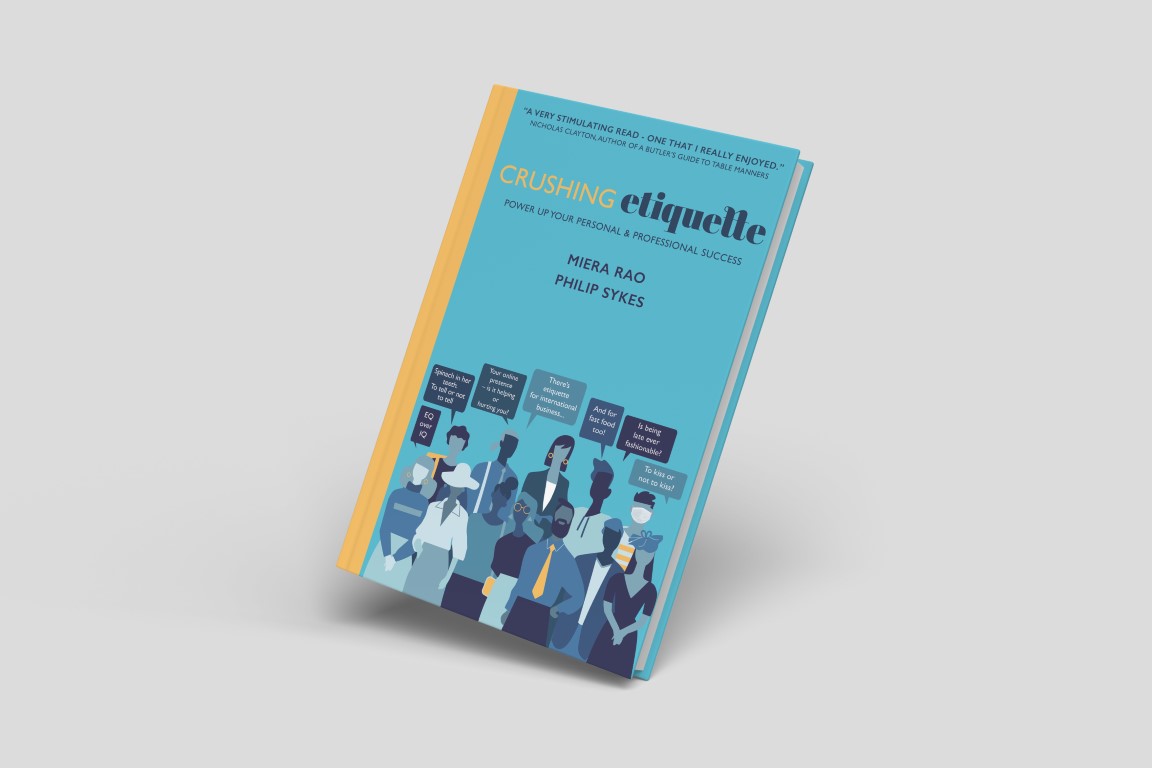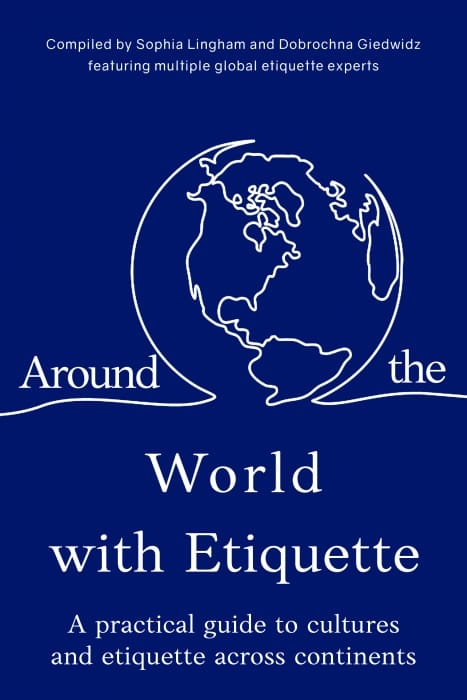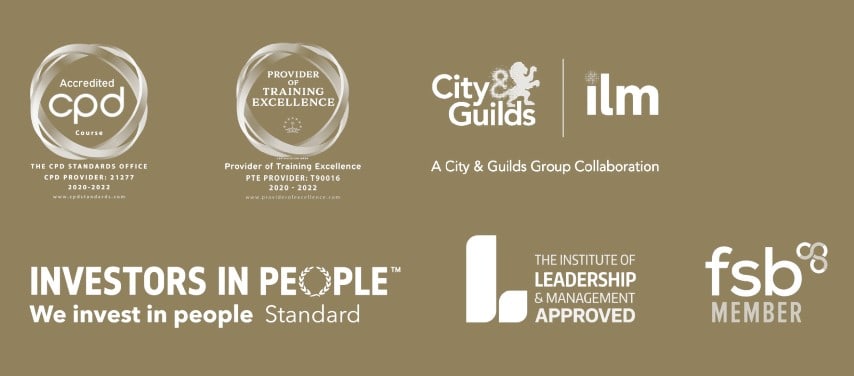We’re witnessing a cultural collision in tourism.
British travellers are fleeing expensive European destinations in record numbers. Flight data reveals the dramatic surge, with flights between UK airports and North Africa more than doubling from 8,653 in 2019 to 19,847 scheduled for 2024.
The numbers tell a compelling story of transformation. Tunisia vacation searches jumped 68% between January and May, Egypt experienced a 64% increase, and Morocco saw a 39% rise compared to the same period last year.
But behind this tourism exodus lies a deeper problem.
The Cultural Etiquette Crisis Nobody Predicted
As British tourists flood into new destinations seeking affordable luxury, we’re seeing unprecedented cultural friction. Reports emerge of inappropriate tourist behavior including “chasing geisha down the street, touching their kimono, taking pictures without consent.”
These incidents represent more than isolated bad behavior.
They signal a fundamental gap in cultural preparation as tourism patterns shift. The very destinations attracting British travellers for their authentic cultural experiences are suffering from visitors who lack basic cultural sensitivity training.
At The British School of Excellence, we’ve observed this pattern emerging across our consultations with hospitality partners. Philip Sykes, our founder with over 35 years of experience working with royalty, diplomats, and global clientele, emphasises that cultural etiquette challenges escalate rapidly when tourism volumes surge into unprepared markets.
The Economics Behind Cultural Blindness
The financial incentives driving this shift are undeniable. Currency strength has created dramatic advantages, with the British pound strengthening 67.75% against the Egyptian pound in the last year alone.
Value-conscious travellers discover significant savings. A £400 difference between 4-star accommodations in Sharm El Sheikh versus Marbella demonstrates how informed choices deliver luxury experiences at accessible prices.
But economic opportunity without cultural preparation creates problems.
When tourists prioritise cost savings over cultural understanding, destinations suffer. Local communities experience disruption. Authentic cultural experiences become commodified or, worse, damaged by insensitive visitor behaviour.
The Scale of Cultural Tourism Demands
Cultural and historical travel accounts for 40% of all tourism globally. Among millennials, 73% report interest in cultural and historic places.
These statistics reveal the magnitude of cultural interaction occurring without proper etiquette foundation.
We’re not simply talking about occasional tourist mistakes. We’re examining a systematic challenge where millions of culturally unprepared visitors engage with sensitive historical sites, religious locations, and traditional communities.
The British School of Excellence, as the only etiquette training provider certified by four internationally recognised organisations, recognises this as a professional development emergency requiring immediate industry response.
Best Practices for Culturally Sensitive Tourism
Addressing this crisis requires systematic cultural preparation before departure. We recommend implementing these evidence-based practices:
Pre-Travel Cultural Briefings
Research destination-specific customs, religious practices, and social norms. Understanding basic etiquette prevents unintentional offense and enhances authentic cultural exchange.
Dress Code Awareness
Different cultures maintain varying standards for appropriate attire, particularly in religious sites and traditional communities. Preparation prevents access denial and cultural friction.
Photography Etiquette
Establish clear protocols for respectful photography. Many cultures consider unsolicited photography intrusive or disrespectful, especially of people in traditional dress or religious contexts.
Communication Sensitivity
Learn basic greetings and courtesy phrases in local languages. Understanding communication styles, including appropriate volume levels and personal space expectations, demonstrates respect.
Religious and Sacred Site Protocols
Research specific requirements for visiting religious locations, including behavior expectations, appropriate offerings, and restricted areas or times.
Industry Transformation Through Professional Standards
Travel agencies and tour operators must integrate cultural sensitivity training into their service offerings. The current model of promoting destinations based solely on cost advantages and luxury amenities ignores the cultural preparation essential for sustainable tourism.
Professional development in cultural etiquette represents both ethical responsibility and business opportunity.
Destinations experiencing British tourism surges benefit when visitors arrive culturally prepared. Local communities maintain dignity and authenticity. Tourists gain deeper, more meaningful experiences. The industry builds sustainable relationships rather than extractive interactions.
Our philosophy at The British School of Excellence holds that everyone, regardless of nationality, age, or background, has potential to develop into their best versions through world-class training. This applies directly to tourism, where cultural sensitivity training transforms both individual experiences and destination outcomes.
The Path Forward
The British tourism exodus to affordable luxury destinations will continue. Economic incentives remain strong, and travellers increasingly seek authentic cultural experiences away from crowded European hotspots.
But we can transform this trend from cultural collision into cultural connection.
The solution requires recognising cultural etiquette as essential travel preparation, not optional enhancement. Just as travellers research currency exchange rates and weather patterns, cultural sensitivity preparation must become standard practice.
Travel industry professionals, from agents to tour operators to accommodation providers, bear responsibility for integrating cultural awareness into their services.
The question becomes whether the industry will address this cultural crisis proactively or continue managing damage reactively.
British tourists deserve better preparation. Destination communities deserve respectful visitors. The tourism industry deserves sustainable growth built on cultural understanding rather than cultural exploitation.
The path forward requires commitment to professional excellence in cultural sensitivity. The alternative is watching tourism success stories transform into cultural disasters, one inappropriate photograph at a time.

